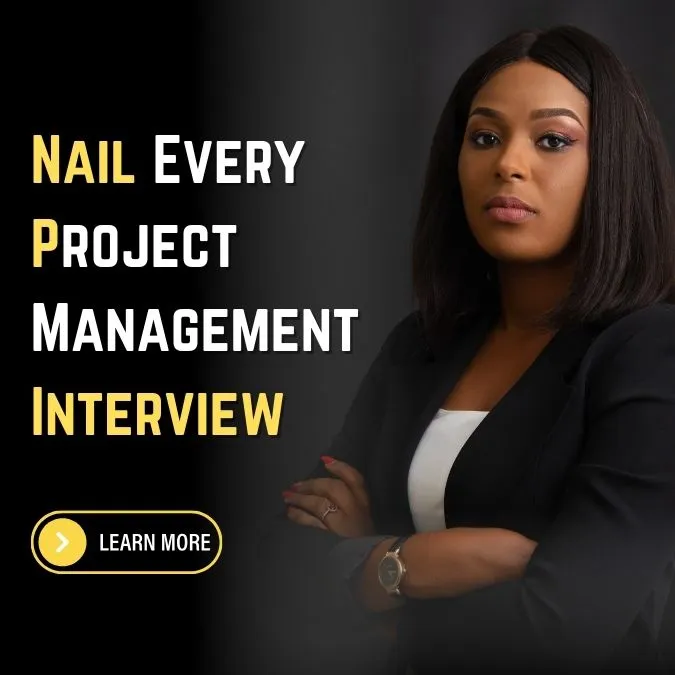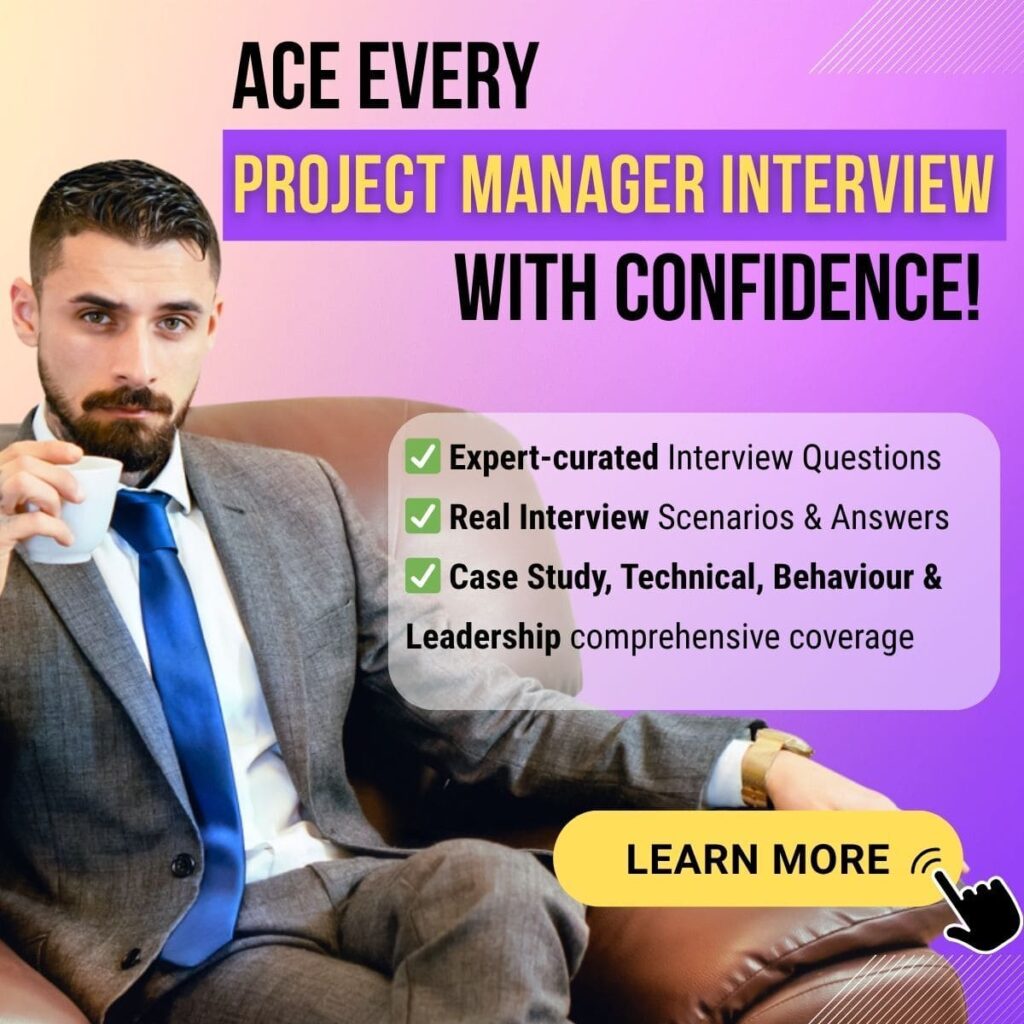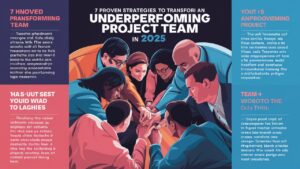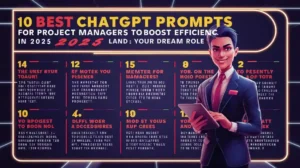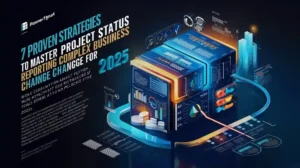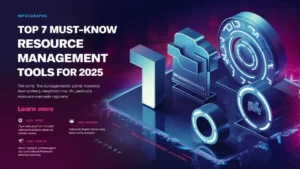Telling Lie in Interview how can it affect your interview results. As per research, every interviewer commonly comes across three sets of candidates. An ‘over- exaggerator’, a ‘what you see is what you get’ candidate and a ‘semi bluffer’. So which one should you be?
-
Being an over exaggerator is never a good idea. Most of the freshers make this error. As they do not have sufficient work experience, they tend to put up as much as possible on their resume. Here’s an example… it is impossible for one to be an expert in every computer language. However, you are exposed to them during your course study. But would it be right to mention them all when in reality, you don’t wish to work on, say, Java anymore? Hence the most ideal thing to do would be to mention working on Java during your first internship, but avoid mentioning the same in your skillset. This would let the interviewer know you do not wish to work on this program anymore.
Profile Review & Recommendation
Expert-Driven Profile Review &
Recommendations

Let our expert look into your CV, Cover Letter, Naukri & LinkedIn Profile to turn your profile into the top 1% of professional profiles.
INR 1,999
- Naukri Profile Review & Recommendations
- Resume Review and Expert Recommendations
- LinkedIn Profile Review & Recommendations
- Cover Letter Templates Download
- Latest Resume Templates Download
- Personalized, tailored feedback
- ETA: 3- 5 Days
Self-Service Profile
Optimization

Access expert-curated guidelines, sample reviewed files, & step-by-step instructions to optimize your CV, Cover Letter, Naukri & LinkedIn Profile.
INR 499
- Guidelines for Profile Optimization (Resume, Naukri, and LinkedIn)
- Access to Sample Reviewed Files for inspiration
- Step-by-Step Instructions to reframe your profile
- Cover Letter Templates Download
- Latest Resume Templates Download
- Immediate access to the files
- Having a superficial knowledge of many things and mentioning the same in your resume to add weight-age can turn against you as well. The interviewer wouldn’t take long to expose your bluff. Always remember, if you’re selected for an interview based on your resume, you are going to be questioned on what’s mentioned on it. So keep your bluffing to a limited point.
- Now comes the ‘what you see is what you get’ candidate. Being so is very easy. You plainly state what you do know and what you don’t. No lies and no bluff. Although it is good, to be honest in an interview, it can be extremely painful if you’re rejected for being too honest. Now imagine this… your major competitors are bluffers and semi-bluffers. Although all three of you have the same knowledge of a given skill, the semi-bluffer and the bluffer tend to play with words and are in a position to sell themselves. You however are unable to do so. Although the interviewer knows the truth, a semi-bluffer or a bluffer would be preferred over you as he made an impression that you were unable to. Hence, try avoiding being too honest. Remember what Chanakya said… “Straight trees are always cut first”.
- Now comes the last candidate, the ‘semi bluffer’. A semi-bluffer generally does best in an interview as he states his exact skills, claims he knows more, but at the same time, admits his limited knowledge. The other side of a semi-bluffer is when he is directly challenged over a particular skill and he admits not being exposed to them. What he does next is research on the said topic prior to the next rounds and try to portray he does have the so-called skill in the further rounds. This also gives out an impression of being a quick learner.
The ultimate point is bluffing is alright in an interview and everyone does it. But what’s essential is to know what question to bluff on and which one’s to be plain truthful in. An interview can become a platform for widening your horizon of knowledge too. All you need is a relaxed mind and a determination to be better. Cheers!

